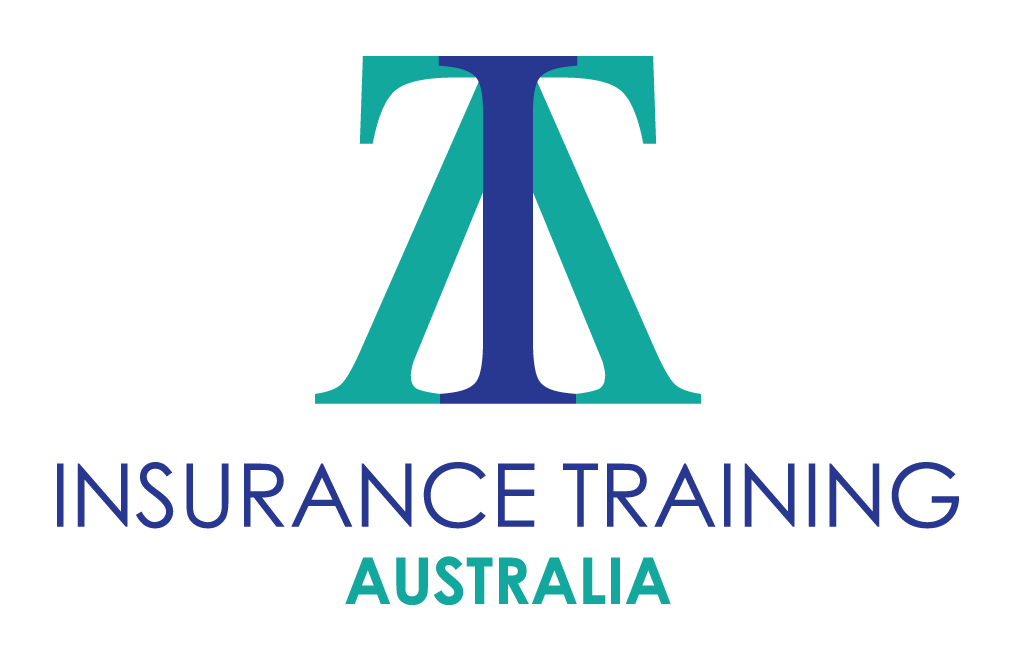Skills and Personality Traits of Successful Brokers (Part 1)

A question that brokers often ask me is: what are the skills and personality traits of successful brokers? This article is the first of two that will explore this topic.
Note that some of the skills and personality traits that I will outline are inherent to an individual. Others are learned. As you would expect, some are interrelated and several fall under the broad heading of “Professionalism”.
Many of these will sound obvious to you, however, the obvious things are often overlooked.
1. Listening Skills
Listening to your customers is of critical importance as understanding what they want, need or expect will enable you to service them properly.
Active listening skills like asking open-ended questions, being attentive, showing interest through various non-verbal cues (like having an open body posture and verbal affirmations) are all examples of how you can create an environment where your clients want to share and engage with you.
Tips: Show empathy, encourage the sharing of ideas and questions from clients, and paraphrase what your client has told you back to them.
2. Curiosity & The Desire to Learn
To be a successful broker, having a curious mind and a desire to learn is essential.
Our industry is one that is constantly evolving. Just when you think you know everything about a particular product or topic, there is a legislative change or an alteration to underwriting guidelines which forces you to re-think what you knew.
Part of learning is acquiring the required technical knowledge to perform your work functions. Sources of technical knowledge include colleagues, underwriters, training sessions, seminars, publications, the internet and reading policy wordings.
Learning is a life-long pursuit. It is not something that is reached and then no longer pursued.
Tips: Ask the right questions. Seek out the right people to find the answers you need. Who knows what you will learn along the way?!
3. Persistence
Not only do you need to have a desire to learn (see above) but sometimes you also need to be persistent to find the answers you need. This takes time, energy and effort. It can also mean pursuing numerous individuals to find your answers. Don’t be afraid to ask them questions.
At times you may also feel discouraged. It is at this point that you need to push through and re-commit yourself to the outcome you are seeking.
Tips: Perceive the process of acquiring information as an adventure. Enjoy the journey!
4. Organisational Skills
With the volume of work brokers have, this skill is of utmost importance. Whether it’s because of high policy count, the hard market, last minute receipt of renewal information or a combination of these factors, modern brokers are busier than ever and need very good organisational skills to stay sane! Thankfully, the modern broker generally has modern systems to assist them with organising their tasks.
A part of this skill that I would like to focus on is “prioritising skills”. Given the volume, and differing levels of urgency in requests and deadlines, brokers are constantly re-assessing their priorities. This is also very much because as brokers we are relying on clients and underwriters to fulfil their tasks so that we can fulfil ours!
Tips: Create a list in order of priority at the start of each day. Add to the list throughout the day and change priorities as and when required. “Cross-out” completed tasks as this is strangely satisfying!

5. Relationship Building Skills
A key to success in our industry is being able to build, develop and maintain relationships. This skill applies to clients, prospects, colleagues, underwriters and others alike.
With clients and prospects, it is obvious that they want to deal with a broker they like. This is simple human nature!
With colleagues you want to have a pleasant work environment, and from a practical perspective, you will likely be relying on your colleagues’ assistance at some point.
With underwriters they are your partners in the process of arranging insurance for your clients. Having a great relationship with a client won’t mean much if you can’t get a deal done for that client with an underwriter.
This is such an important skill that some people in our industry have specific roles that just focus on relationships – both on the client and underwriter side.
Tips: Make this skill one that you strive to work at and improve throughout your career. Speak to many people. Be open and get out there! Don’t burn bridges!
Stay tuned for Part 2 of this article where I will discuss more skills and personality traits to help you be a successful broker.
Please note that the topic discussed in this article, and many others, are more thoroughly examined in our ANZIIF / NIBA accredited training modules delivered in-person or live on-line. In addition to our modules, we also conduct training on specific topics and mentoring services to insurance professionals. Given my 18 years of broking experience I thoroughly understand what brokers do and am passionate about imparting my knowledge and experience with you. I hold a Master in Risk Management & Insurance and am also a qualified trainer. I would love to assist you with your training needs.
Disclaimer: The information provided in this article is not, and is not intended to, constitute legal or financial product advice. It is intended to provide general information in relation to the topic being discussed which is only current as at the date of this article.
The information contained in this article is protected by copyright.

